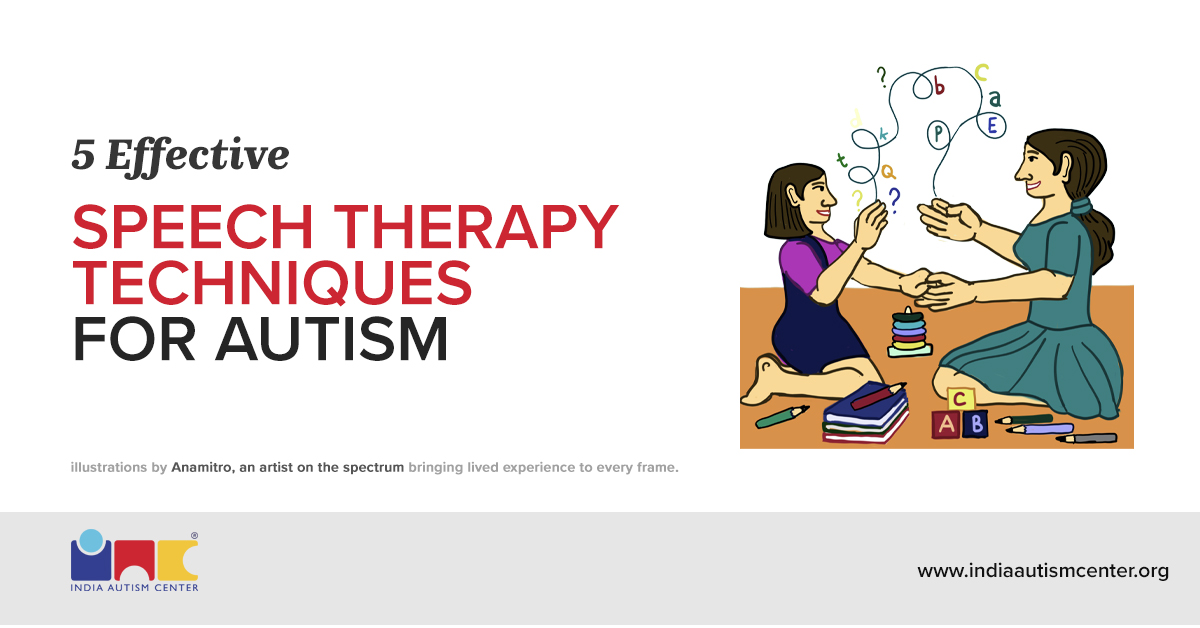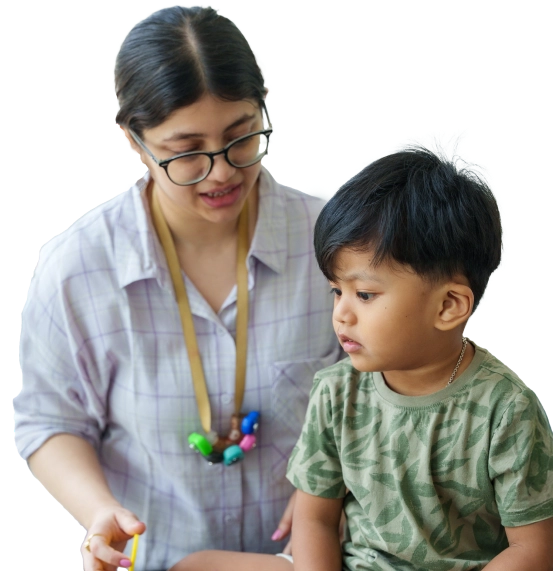Introduction
On September 28, 2024, the India Autism Center (IAC) and ASMC held a workshop led by Dr. Nandini Mundkur. She is a renowned developmental paediatrician. Dr. Mundkur discussed brain development and early diagnosis. She focused on how parents and professionals can boost children’s growth before school.
Who is Dr. Nandini Mundkur?
Dr. Nandini Mundkur is a highly regarded figure in child development. She is a fellow of the UK’s Royal College and an alumna of the Ashoka Fellowship.
She has also received many awards, including the Sathya Gupta Award for her work in social paediatrics. Dr. Mundkur founded and directs the Centre for Child Development and Disabilities. She has dedicated her career to improving the lives of children with developmental disorders.
Also, she created Totsguide.com. It is a site for early developmental screening and parenting advice. Dr. Mundkur’s initiative aims to empower parents. It will give them the tools to support their children’s growth.
The workshop experience
The workshop drew 34 participants: paediatricians, therapists, and genetic counsellors. They all wanted to learn more about child development.
Dr. Mundkur skillfully simplified complex neurobiological concepts, making them accessible and relatable. Her talk turned complex scientific theories into an engaging discussion. They resonated with everyone in the room.
Addressing parental concerns
A central theme of Dr. Mundkur’s talk was about the concerns faced by parents navigating developmental challenges. She understood parents’ helplessness and created a welcoming space among professionals. By addressing concerns, she made it easier for participants to share their challenges.
She highlighted the key stages of early brain development. Timely interventions can make a big difference. Dr. Mundkur said that knowing these stages can help parents and caregivers. It can empower them to support their children’s growth.
Understanding developmental disorders
A key part of the workshop was Dr. Mundkur’s focus on autism, ADHD, and learning disorders. She urged people to recognise these conditions as different ways of being, not problems to fix. This shift in perspective is crucial for fostering acceptance and understanding in society.
Dr. Mundkur has mentored over 100 paediatricians. It has given her a deep knowledge of society’s biases against families with developmental disorders. She spoke about how inclusivity and support for these families is vital. She reminded professionals that empathy and understanding are key to good care.
Real-life implications
Dr. Mundkur’s insights resonate with current trends in child development. As awareness of ASD and ADHD grows, we must approach them with sensitivity. Dr. Mundkur aims to change society’s view of these disorders. He wants to create a more supportive environment for children and their families.
A guided tour and networking opportunities
After the sessions, attendees could tour ASMC’s advanced facilities. This tour showcased resources for child development. It gave professionals insight into tools and spaces for children with developmental challenges.
The workshop ended with a networking lunch. It allowed participants connect and share experiences. This informal setting fostered collaboration among professionals. It showed the need for a community focused on child development.
Valuable resources
Each participant got a conference kit. It included an intro to Dr. Mundkur’s book, “Early Years – The Greatest Gains.” This book blends science with practical parenting. It is a vital resource for anyone involved in child development. Dr. Mundkur wants to empower parents with accessible information. It will help them make informed choices to benefit their children’s growth.
Why was this workshop necessary?
The workshop was helpful for several reasons. First, it gave professionals a platform to gain insights into child development. This addressed the urgent need for awareness of conditions like ASD and ADHD. Events like this help parents and caregivers have the latest knowledge and resources.
The workshop also fostered collaboration among diverse professionals. It stressed the need for a unified approach to child development. The event aimed to improve care for families. It wanted to build a community focused on empathy and understanding.
Conclusion
In her closing remarks, Dr. Mundkur stressed the need for collaboration in development. She urged everyone to unite for children with developmental challenges. Their journey is incomplete without our support.
This workshop at the Indian Autism Center taught professionals. It reminded us to nurture and support every child’s potential.
As we learn more about child development, we will face challenges. Dr. Mundkur’s insights will help us address them. Let’s create a more inclusive space for all children. We can do this by prioritising empathy, understanding, and proactive intervention.






